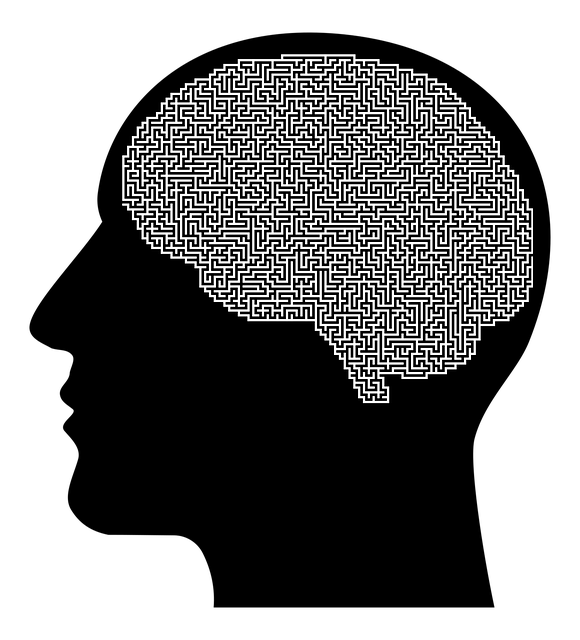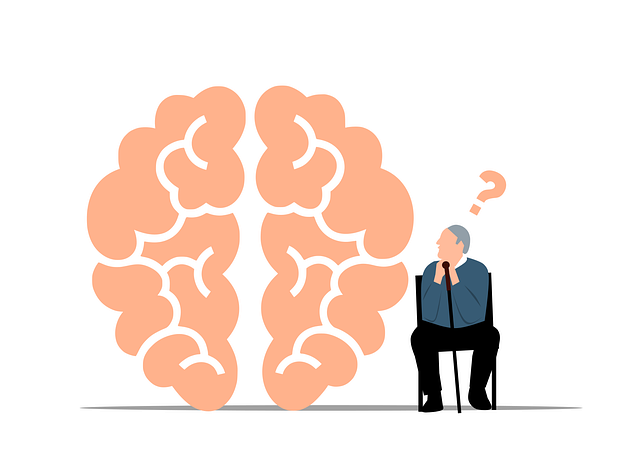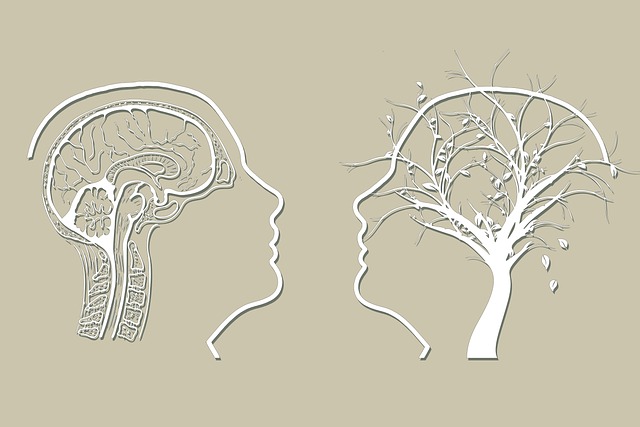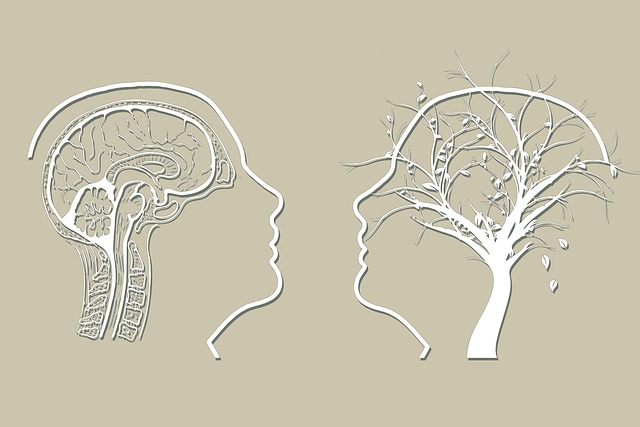Elderly individuals with developmental disabilities face significant stress due to communication barriers, physical limitations, and social isolation, exacerbated by aging. To address this, tailored therapy approaches like cognitive-behavioral therapy (CBT) and mindfulness-based interventions are crucial. Community outreach programs focusing on mental health awareness offer support through resources, education, and social interaction, promoting effective stress management. Practical strategies such as mindfulness meditation and deep breathing exercises, combined with tailored self-care routines, significantly enhance calmness and well-being. Encouraging participation in public campaigns further fosters community support, enriching their lives. (Keyword: Therapy for Elders Developmental Disability)
Stress reduction is a vital aspect of enhancing the quality of life for elderly individuals with developmental disabilities. This comprehensive guide explores effective therapeutic approaches and practical strategies to mitigate stress in this vulnerable population. By understanding the unique stressors and incorporating calming routines, we can foster well-being. We delve into evidence-based therapy methods tailored to their needs, offering a peaceful path forward. This article is designed for caregivers and professionals seeking to navigate and alleviate stress in this specific demographic, promoting a more serene existence.
- Understanding Stress in Elderly Individuals with Developmental Disabilities
- Therapeutic Approaches for Stress Reduction: A Comprehensive Overview
- Practical Strategies and Daily Routines to Foster Calmness and Well-being
Understanding Stress in Elderly Individuals with Developmental Disabilities

Stress is a significant concern among elderly individuals with developmental disabilities, often exacerbating their challenges and impacting their overall well-being. Understanding this population’s unique stress responses is crucial for developing effective support strategies. These individuals may experience heightened stress due to various factors, such as communication barriers, physical limitations, and the potential for social isolation.
Aging coupled with existing developmental disabilities can lead to increased vulnerability and a reduced ability to cope with stressors. Therefore, tailored therapy approaches are essential. Through community outreach program implementations focusing on mental health awareness, professionals can offer much-needed support. These programs can provide valuable resources, education, and social interaction opportunities, fostering an environment that promotes stress management and enhances the lives of these individuals.
Therapeutic Approaches for Stress Reduction: A Comprehensive Overview

Stress reduction is a vital aspect of mental health awareness and emotional healing processes, especially for individuals with developmental disabilities. Therapeutic approaches play a crucial role in helping elders navigate and manage stress effectively. One effective method is cognitive-behavioural therapy (CBT), which focuses on identifying and changing negative thought patterns and behaviours contributing to stress. CBT empowers individuals to develop coping strategies tailored to their unique needs.
Additionally, mindfulness-based interventions have gained popularity as a therapeutic approach. These practices encourage individuals to stay present and aware of their thoughts and feelings without judgment. Mindfulness meditation, yoga, and breathing exercises are simple yet powerful tools that can be easily integrated into daily routines. Healthcare provider cultural competency training is essential in this context, ensuring that these therapies are accessible and adapted to suit the diverse needs of elders from various backgrounds.
Practical Strategies and Daily Routines to Foster Calmness and Well-being

Incorporating practical strategies and establishing daily routines can significantly foster calmness and well-being, especially for elders with developmental disabilities. Simple yet effective techniques such as mindfulness meditation, deep breathing exercises, and engaging in gentle physical activities like yoga or walking can reduce stress levels and promote mental clarity. These practices not only enhance overall well-being but also serve as powerful tools to combat the negative impacts of stress on both mind and body.
Additionally, cultivating a self-care routine tailored for individual needs is crucial. This might include regular social interactions, hobbies that bring joy, and sufficient sleep. Encouraging elders with developmental disabilities to participate in public awareness campaigns or mental illness stigma reduction efforts can also contribute to their sense of community and belonging, further enriching their lives and fostering an environment of support and understanding.
Stress reduction is a vital aspect of enhancing the quality of life for elderly individuals with developmental disabilities. By understanding the unique sources of stress in this population, we can employ various therapeutic approaches and practical strategies to create calming routines. Combining evidence-based therapy for elders with developmental disability and personalized daily practices can significantly contribute to their overall well-being, fostering a more peaceful and fulfilling lifestyle.














